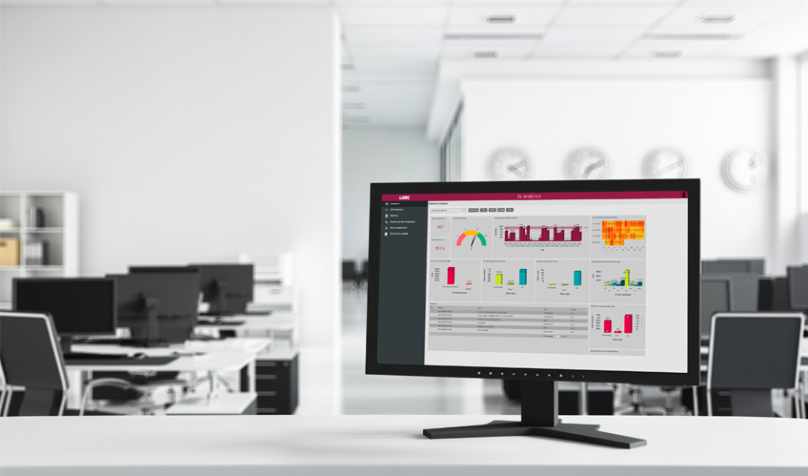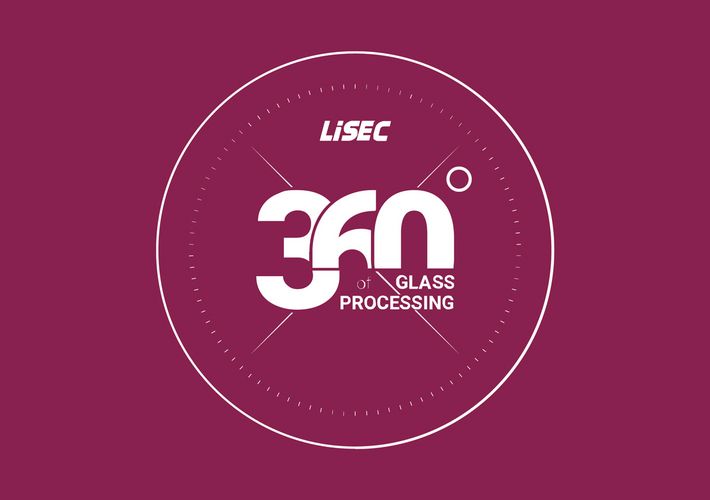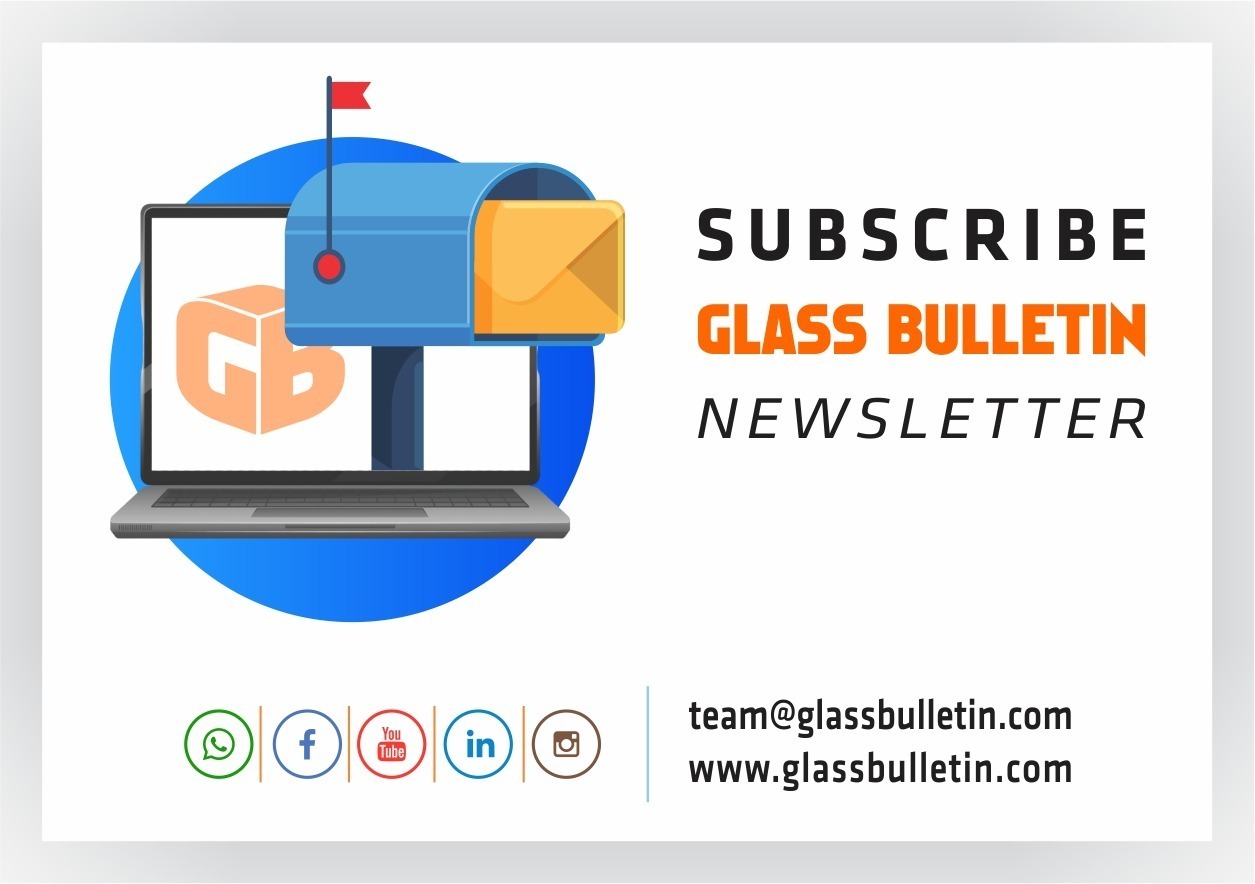LiSEC is not only a pioneer in machine construction for flat glass processing, the company has also been successfully developing software products for the flat glass industry for over 30 years now – from order management and production planning to a wide range of logistics solutions.

Harald Miksch, Head of Product Management Digitalisation and Software, reports on the latest LiSEC software solutions and what visitors to glasstec 2024 in Düsseldorf can expect to see from 22-25 October when they attend the LiSEC stand A64 in Hall 17.
Mr Miksch, why is the right software so important in glass processing?
Harald Miksch: A number of production steps are essential when manufacturing products in the flat glass industry. Each step in itself may already exhibit a considerable degree of complexity, for which the right software provides good and important support – for example, the various optimisations in glass cutting, tempering and stacking on a rack. However, if the advantages of comprehensive automation and digitalisation are to be utilised to the full, it is necessary to integrate software solutions that can cover everything from order entry and production planning to shipping logistics.
What USPs do the LiSEC solutions offer and what advantages can the customer expect from LiSEC software?
Harald Miksch: With our new LiSEC software products, we are focussing on a so-called microservice architecture, in which individual functions are provided by lean software programs and all functions are no longer combined in a large and inflexible software product. This means that we can add functions to the individual services more quickly. Features that are utilised in different programs can always access the same service and therefore work in the same way every time, or use the same database. This will make us significantly faster and allow us to better tailor our solutions to different customers. Because the services in our microservice architecture are based on a standardised database, changes in one product also affect all others. This means that information only needs to be entered once, after which it is immediately visible in all other areas. The upshot of this is that company processes can run faster and synchronisation errors no longer occur.

We focus in particular on the usability of our software products, which means that the processes are as self-explanatory as possible and the user interface is designed to be appealing and intuitive. As such, the new products and functions are easier to learn and use. By focussing on a modern user interface, we are setting new standards in the flat glass industry.
Customers of LiSEC enjoy a key advantage in that they receive machines, software and service from a single source, resulting in products that are optimally harmonised. New functions often depend on changes having to be made to both machines and software solutions; LiSEC customers have a contact person they can rely on in this regard.
What LiSEC software solutions can we expect to see at glasstec 2024?
Harald Miksch: At this year’s leading trade fair in Düsseldorf, we want to show our customers how the majority of company processes can be mapped in LiSEC software solutions and we want to demonstrate the advantages of obtaining everything from a single source. We will also be presenting what the transition to the next generation of LiSEC software products is going to look like, and which products are already available. As such, we will be presenting the key features of our new software products and the benefits that they offer our customers.
We also have our own LiSEC auditorium at our stand, where visitors will be able to listen to interesting technical presentations. And once again here, LiSEC’s all.in.one:solutions approach takes centre stage and the presentations will highlight the key connections between the machines or service and the software. Presentations on topics such as software solutions in production logistics, A deep dive into production data, The next generation software, and Transparency through data, etc., coupled with specific information at the LiSEC stand on the topics of Business Software, Production Planning, Manufacturing Execution and Supplemental Tools, should leave nothing to be desired for any visitors interested in software.
What future trends can LiSEC software solutions address?
Harald Miksch: Processing companies in the flat glass industry are affected by changes and megatrends which they must respond to if they intend to remain successful. Demographic change, for example, is leading to an urgent shortage of skilled labour, while growing urbanisation is increasing the demand for flat glass products. New and challenging environmental regulations make it necessary to optimise energy requirements in production. In order to respond to these overriding trends, it is becoming increasingly important to focus on end-to-end automation and digitalisation. Because this makes it possible to reduce the impact of the shortage of skilled labour, while also compensating for lost expertise through intelligent production planning and control systems. One example of how we are meeting these challenges is our new capacity planning: this contains an adaptive optimisation feature that sets new standards and opens up innovative possibilities for the flat glass industry. In this way, automation can increase production efficiency in particular and in doing so meet the growing demand for flat glass products without the immediate need to increase capacity through new machines and systems.
Claudia Guschlbauer
Director of Marketing & Corporate Communications
Tel: +43 7477 405-1115
Mobile: +43 660 871 58 03
E-Mail: claudia.guschlbauer@lisec.com
Source: www.lisec.com
